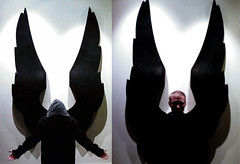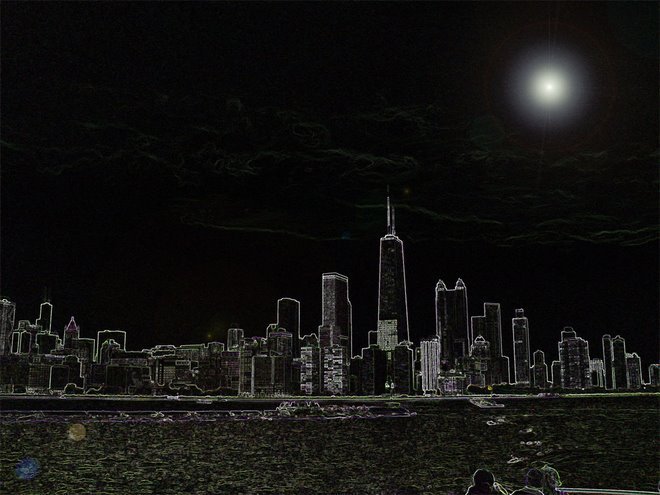"Only the broken-hearted idealist can become a cynic.” – Mark Clifton
Is this quote a truth? Are cynics just idealists who have seen the world the realists describe? I haven’t felt really hopeful about things in a long while. Cynicism isn’t easy, but it is terribly seductive, especially if you’re angry or sad. It’s a tease on the path to positivity. But I now have the Dream that I am pursuing. It’s the only one that I haven’t failed to make come true. I want to teach, and in this pursuit I have found some of that idealism that I abandoned. Not all of it: I have seen too much of the world to return to my old dreams and hopes for us all. But those echoes of fellowship and Truth (note the capital-T) are finding new voices in the studies of pedagogies and psychologies. I know the truth of the situation. More students today are failing, falling fast into apathy; are testing poorly and are seeking their way in a country that wants to see them educated but refuses to pay for it, that can’t wait for them to grow up yet still ceaselessly shelters them. I know that I won’t find many students like me, who want to learn to harness the power of words and numbers and make it their power. I won’t meet the student who wants to be a walking encyclopedia every day, or even every year. Most of my kids will be apathetic and alliterate, abandoned and alone. And I won’t reach them, no matter how hard I try. They will show up, be bored for most of the time, and do just enough to get by.
So why do it? Why struggle with this burden, this martyrdom of teaching? Because I don’t want it to be that way, and I will fight for it to be so much more than that. I will show those kids that, at the very least, I care for them when they’re in my classroom. I will show them that I have not given up on them, and that I have not abandoned them. I want so much to be for them whom those greatest of teachers were to me.
There is a big part of me that is still that kid who was so afraid of the world, of his home, of himself, that he had no choice but to seek some safe place, somewhere he could be warm and protected and where he could try to be happy. I found it in school, in 9th period with the most noble man I’ve met, P. I learned to love learning, thanks to him. I wasn’t a freak because I wanted to be smart; I was special. I found my safe place, the hearth for my heart. I found a hero that wasn’t tragic, that wasn’t flawed, that wasn’t also my worst enemy. I know he’s a man and is therefore subject to the flaws of all men. But then, as the kid that I was, he was incorruptible. He was the first adult I met that admitted he was wrong about something. He was great when I needed greatness.
I want to be there for my students the way P was there for me. I hope that I don’t fail; I hope that I can follow his example. I hope I can be him to the me that I meet.
So, am I a cynic? If that definition that Clifton gives us is true, then yes. I have had my heart broken (along with my idealism) many, many times, by the reality of the world, by lovers, by friends and family. I have fallen from grace, if grace is the belief that things will be better someday. But now I know a way where I can try to make the world better, even if it’s incrementally. I am sure that my heart will be broken again, but at least I have a real dream that will have a real affect, if it is only one person at a time. And that is so much more than what I thought I could have before.
I will save my cynicism for where it belongs, in retail.
Subscribe to:
Post Comments (Atom)


No comments:
Post a Comment